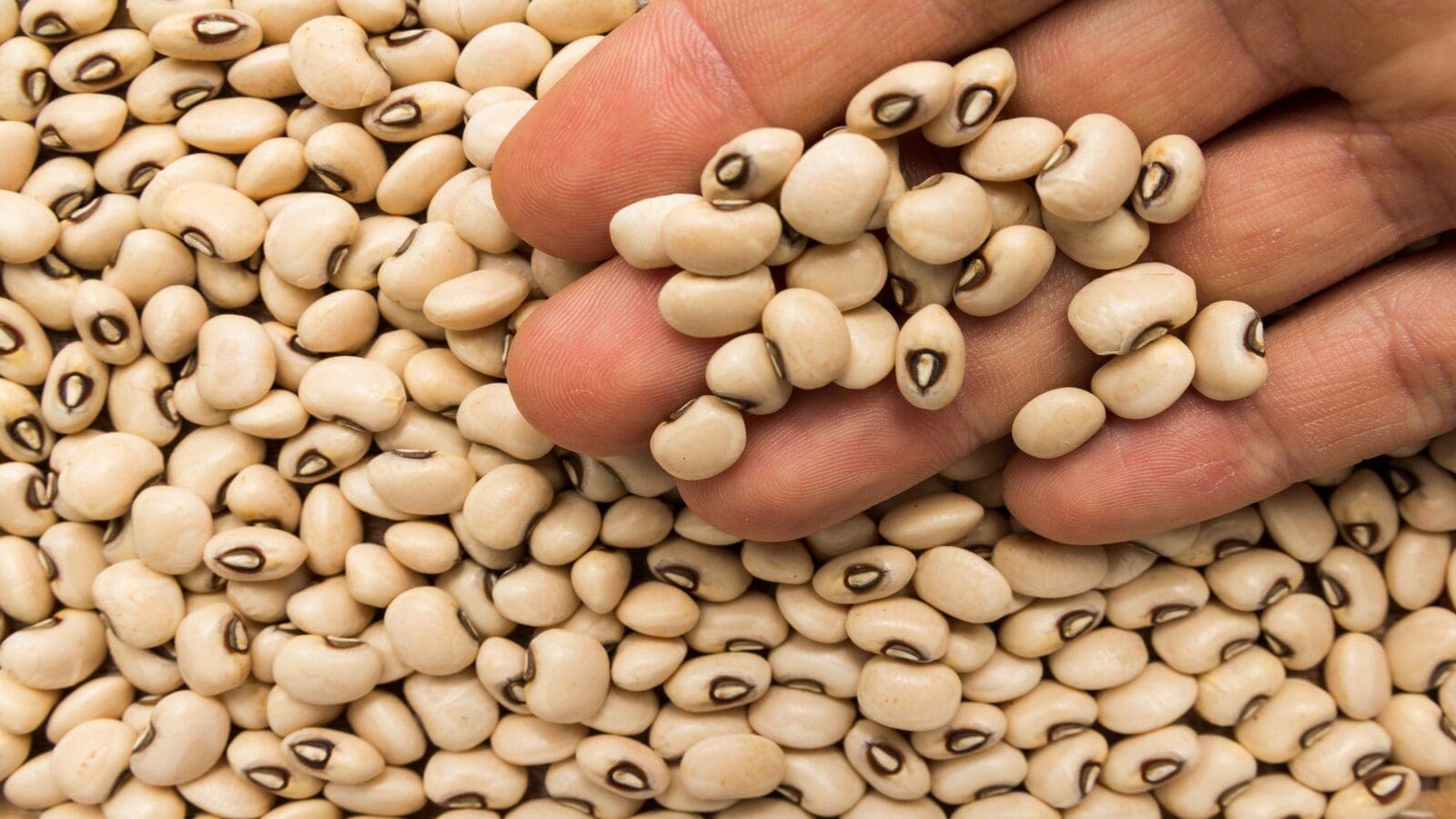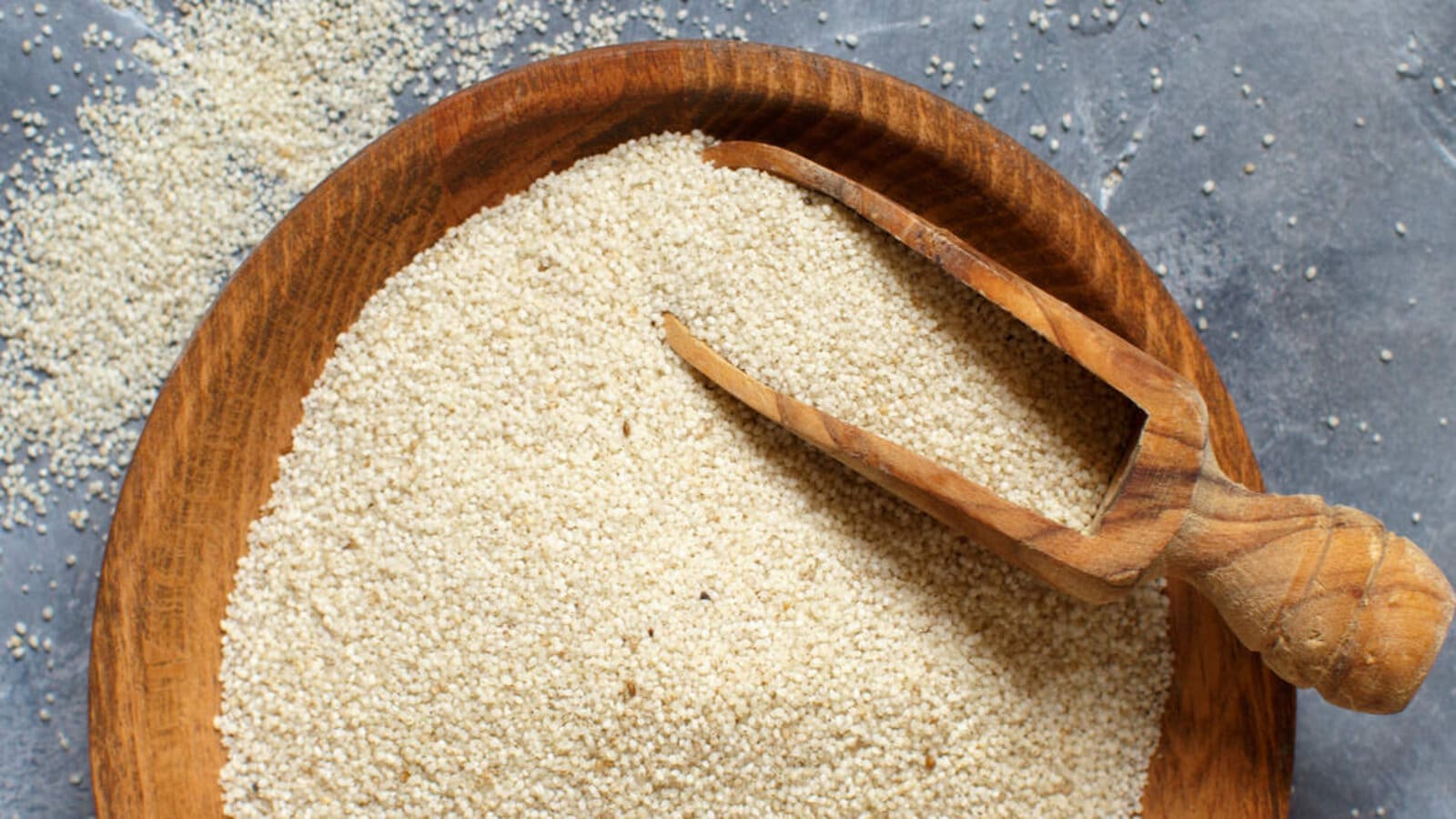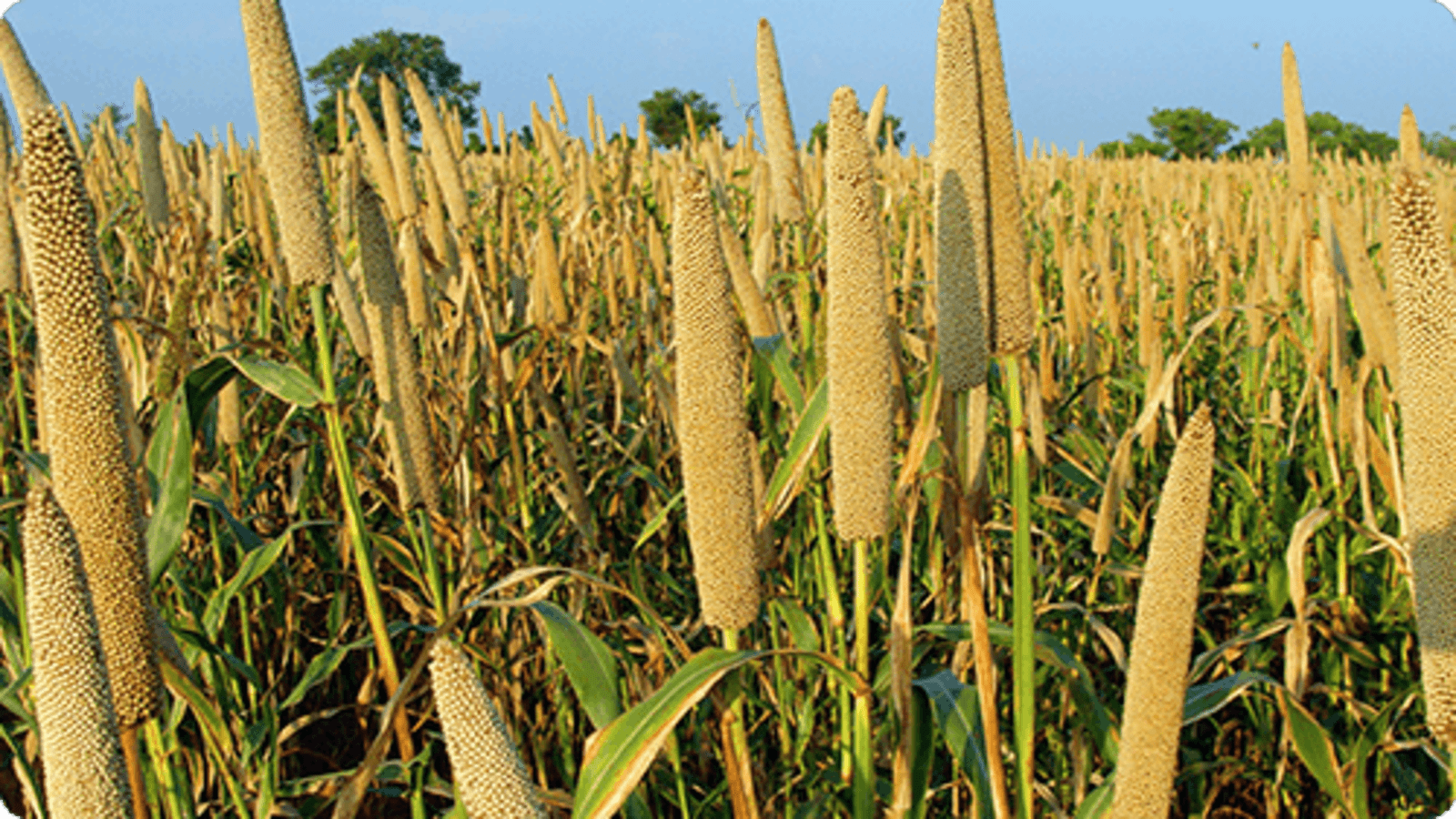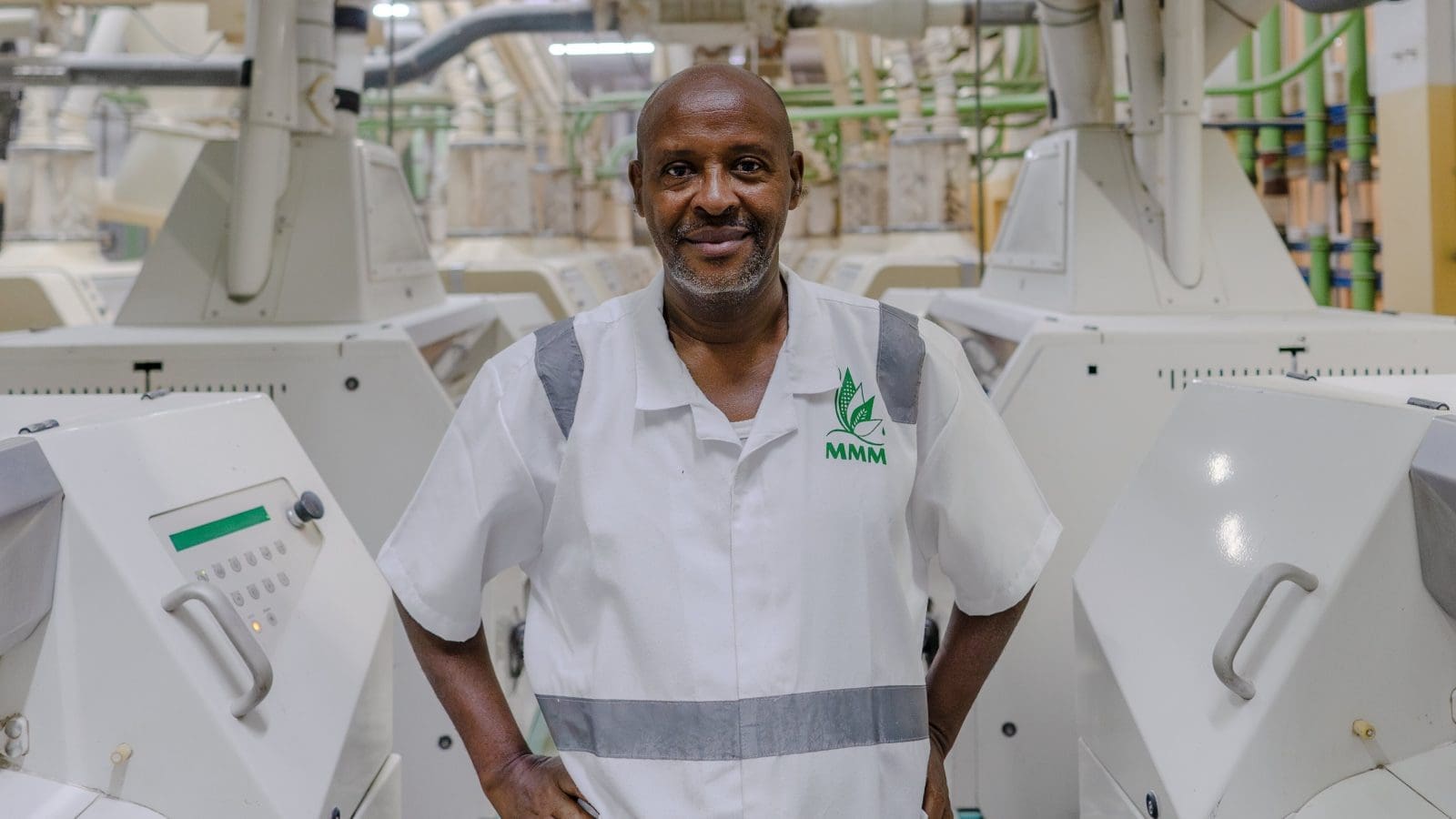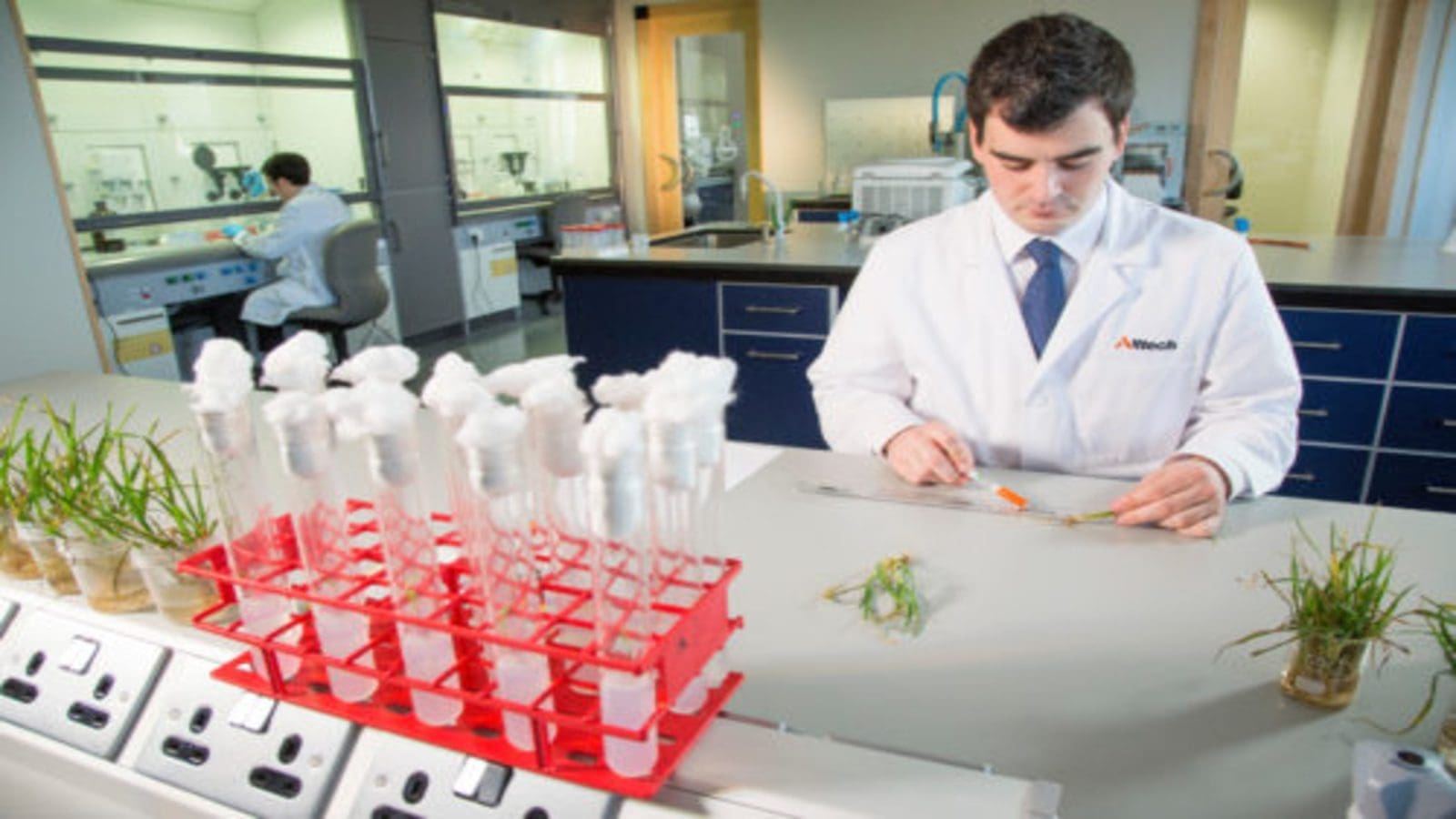GHANA –Ghana’s cowpea production in 2022 stood at 367,787 tonnes, the highest volume ever recorded according to the official data relayed by the United States Department of Agriculture (USDA).
Ecofin Agency, citing the USDA data, reports that this record level crowns a decade of development of this crop which has seen the harvest increase by 5% on average per year between 2012 and 2022.
According to USDA, this positive trend in the production system was first driven by the boom in cowpea consumption in the West African country.
In Ghana, cowpea is a staple, especially in the northern part of Ghana, where it is second to groundnut in terms of area cultivated.
The legume can be reduced to flour or semolina, thus be used to make bread, can be prepared in the form of porridge, or be combined with cereals such as rice.
These different characteristics, coupled with its economic accessibility, make it a commodity of choice for many low-income households in both urban and rural areas.
However, despite Ghana being the fifth largest producer of the legume in Africa, the country does not meet its annual consumption estimated at 325,000 tonnes for a per capita use of 10 kg per year hence the country imports from neighboring West African countries, notably Burkina Faso, Nigeria, and Niger to meet the deficit.
In the quest to spur up production and meet the demand, in June 2022, the National Biosafety Authority (NBA) of Ghana gave the green light to genetically modified cowpea (Bt cowpea) for cultivation and human and animal consumption as a game-changer in the sector.
According to authorities, currently, growers must treat fields with insecticides between 8 and 12 times during a crop cycle spanning 3 months.
However, with the approval of Bt Cowpea, this number of applications could be divided by 3, a situation that should reduce production costs for farmers and allow them to invest in the development of their farms.
In addition, several analysts are already predicting an increase in the harvest in the coming years in the event of massive access by producers to Bt cowpea.
Ghana is not the first country in the West to bet on Bt cowpea. Already in 2019, Nigeria became the first country to approve the cultivation of the genetically modified legume.
For all the latest grains industry news from Africa, the Middle East and the World, subscribe to our weekly NEWSLETTERS, follow us on LinkedIn and subscribe to our YouTube channel


